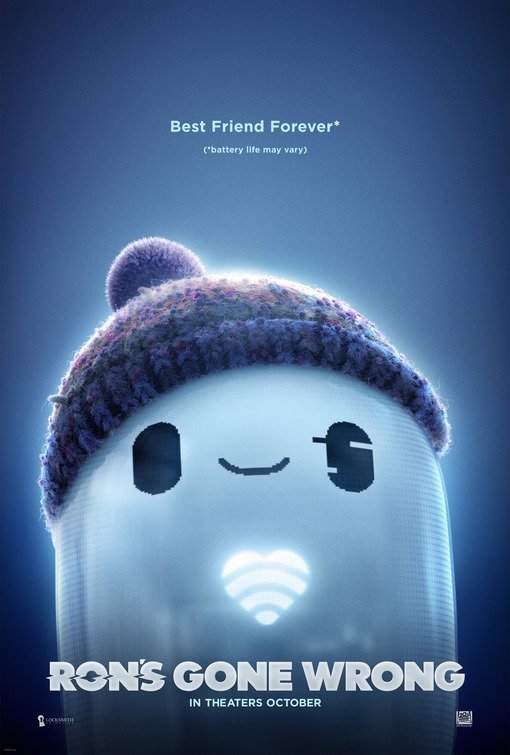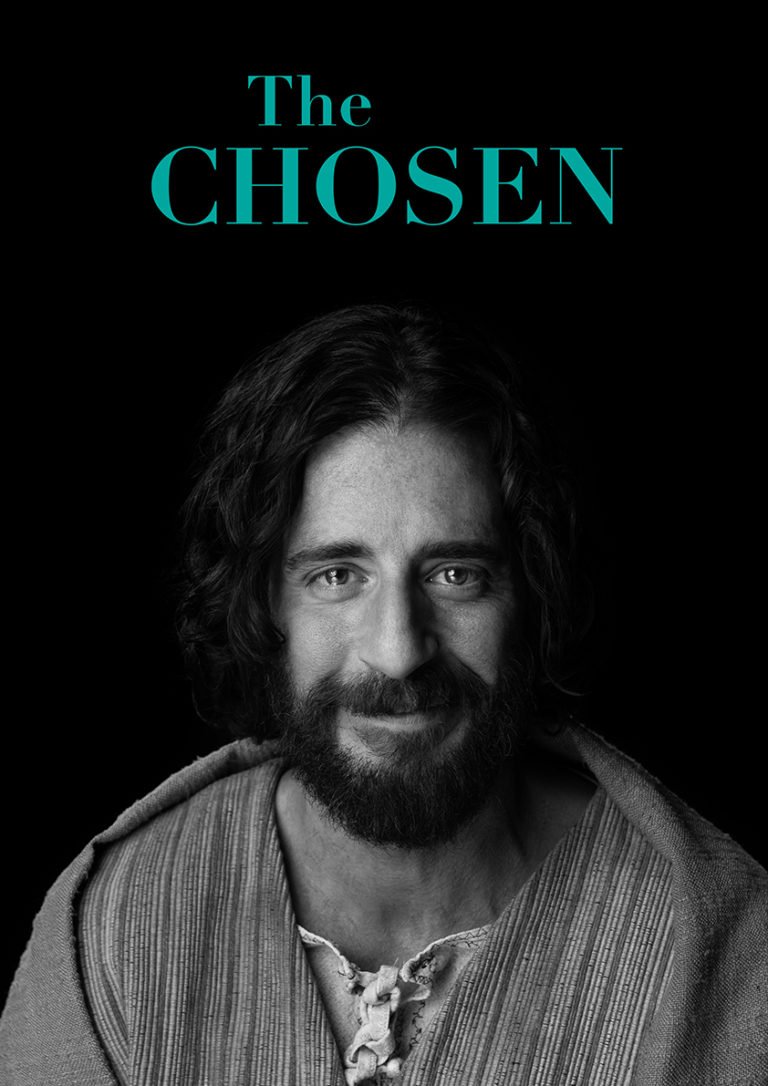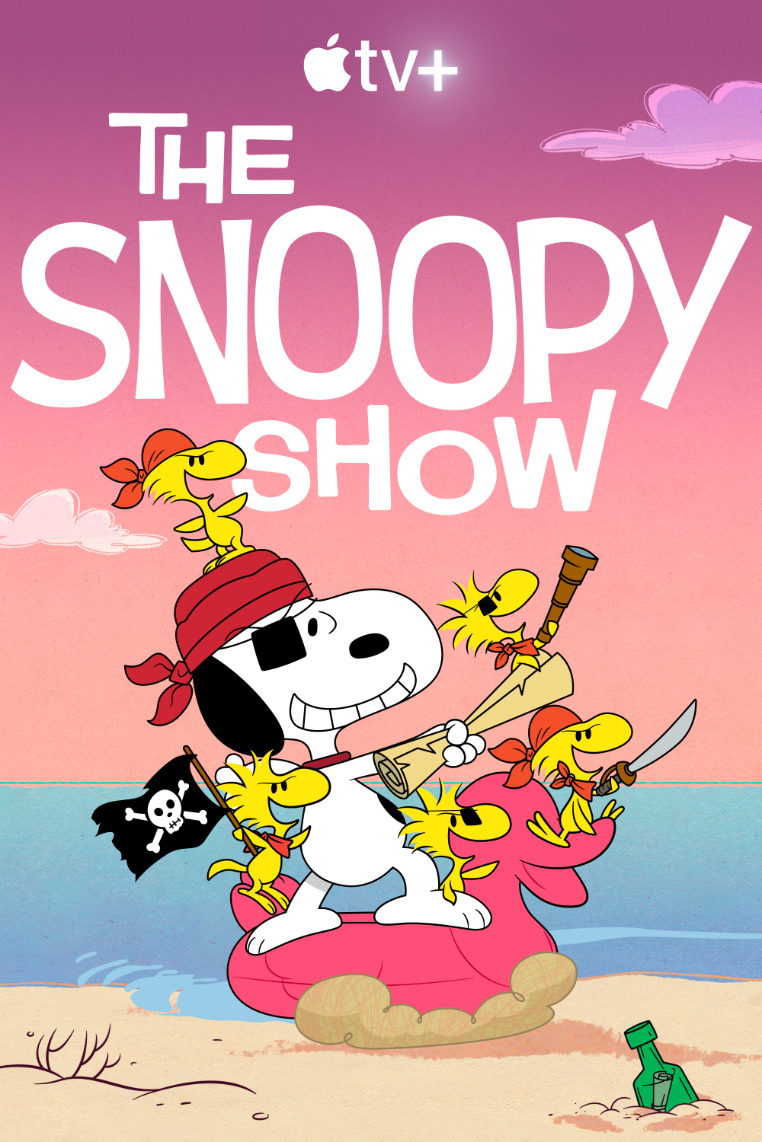
By Kayla DeKraker
The Academy of Motion Picture Arts and Sciences, the organization behind the Oscars, has made an executive decision regarding AI, ruling on Monday that films created using AI can win Oscars.
“With regard to Generative Artificial Intelligence and other digital tools used in the making of the film, the tools neither help nor harm the chances of achieving a nomination,” the Academy explained. “The Academy and each branch will judge the achievement, taking into account the degree to which a human was at the heart of the creative authorship when choosing which movie to award.”
While using generative AI won’t help or harm nominees, AI use in the industry is controversial, and many actors speaking out about its use.
Actress Susan Saradon previously told BBC, “If you can take my face, my body and my voice and make me say or do something that I had no choice about, that’s not a good thing.”
Saradon isn’t the only one to voice her concern. Last month, hundreds of actors took the fight against AI to the California government. Actors and actresses including Natasha Lyonne, Bette Midler, Aubrey Plaza, Ava DuVernay, Paul Simon, Mark Ruffalo and many others signed a letter urging against the loosening of AI regulations.
This was one of the most controversial and pressing topics during 2023’s SAG-AFTRA strikes. SAG-AFTRA said in a negotiation letter that it would “protect members from the threat of AI.”
Despite this, the Academy will now allow works that used AI to compete against humans in its awards. It’s encouraging that they will still “consider human involvement when selecting its winners.”
The next Oscars show with these new guidelines will take place in March of next year. The Academy posted to Instagram, “Mark your calendars! The 98th Oscars will take place on Sunday, March 15, 2026. Nominations will be announced on Thursday, January 22, 2026. Click the link in bio for more key dates, rules and campaign promotional regulations for the 2025 awards season.”
Although the new AI rule may cause some to question the Academy, another new rule does add some integrity back into the competition.
The group now requires voting members to verify that they watched all films up for nomination before submitting their vote. This is a step in efforts to prevent people from just voting for nominees based on reputation or bias. Variety clarified, “This requirement applies across all 24 competitive Oscar categories, from best picture and the acting races to costume design and the newly introduced award for casting.”
Regardless of what ends up happening in the future for AI and Hollywood, one thing is certain: there are pros and cons to the tech’s use in entertainment. But does allowing works created with the help of AI infringe on human creativity? Only time will tell.
Read Next: Scarlett Johansson Claims OpenAI Copied Her Voice Without Consent



 - Content:
- Content: 

